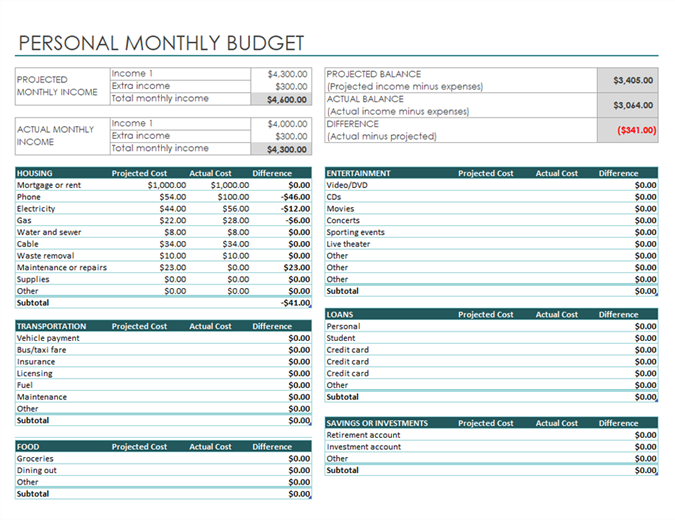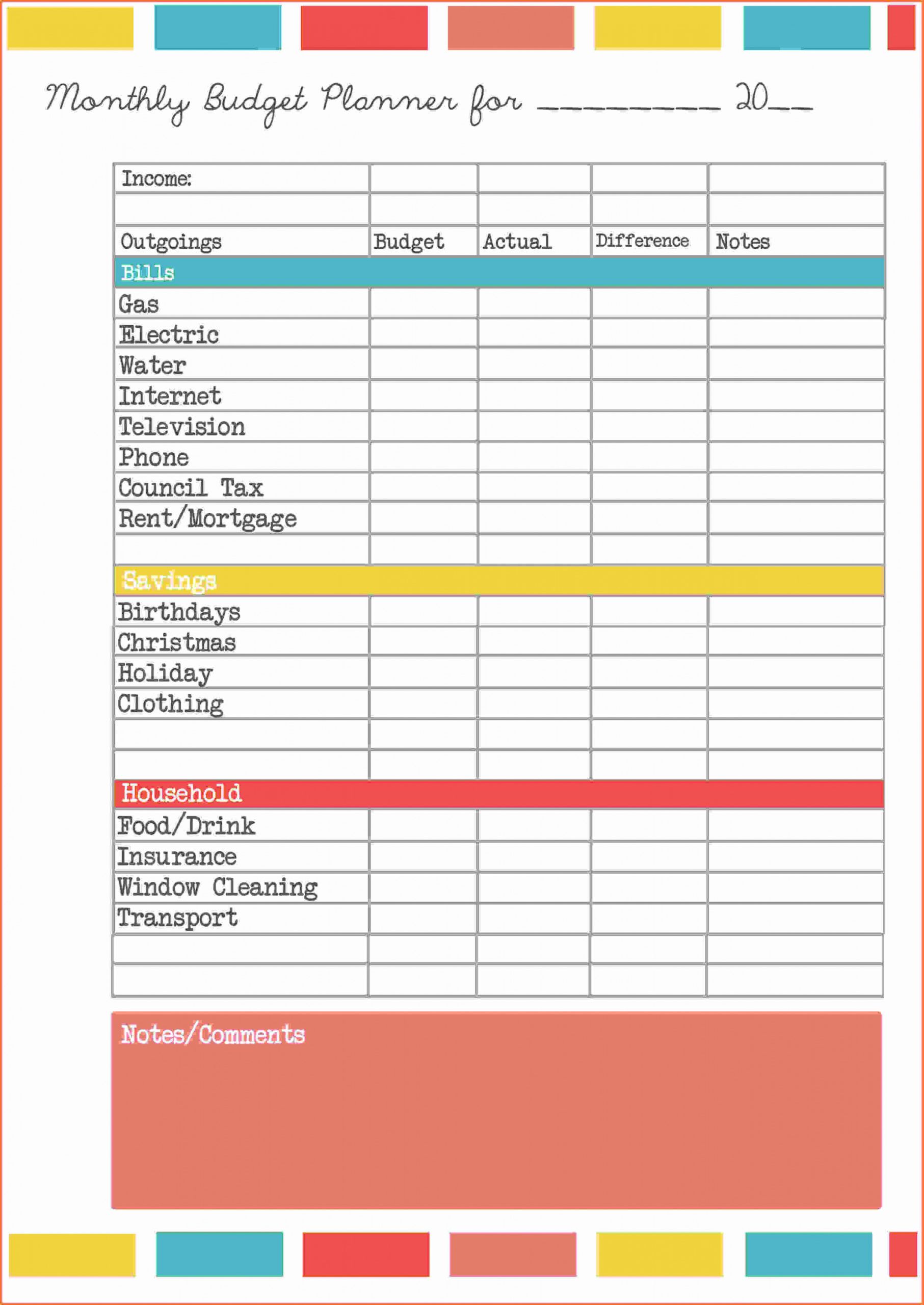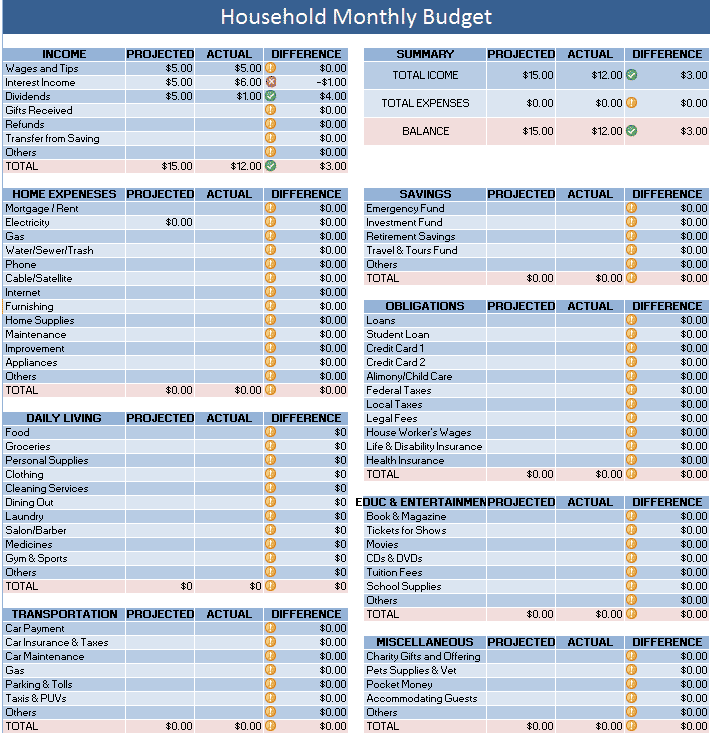
If you want something, you have to save for it. As a result, you’ll feel a little less money stress.Įven if your budget is tight, you’ll feel better seeing the numbers in front of you. You’ll also feel more organized and in control just by having a monthly budget plan. Not only will you feel better by getting things down on paper, but you’ll have hard proof that you’re bringing in enough income to handle your expenses. You feel bad if you go overboard in any given area, but you also have a plan you can adjust later if that extra spending is necessary. You have a written plan holding you accountable. It also makes you use that money more smartly. No guessing at whether you’ve spent too much at any given point. You can set fixed amounts, percentages, or ranges for the amount you spend, then simply follow that plan. Writing down your financials in a budget makes money management faster and easier. Savings/Investment: Your financial goals, retirement accounts, and other savings or investment accounts. Income: This is the money you receive from any sources, such as a paycheck, student loans, scholarships, or a birthday gift.Įxpenses: These are all the things you spend money on. Personal budgets are broken down into three broad categories: What is a personal budget?Ī personal budget is a plan detailing the money you bring in and how you’re going to spend that money. Otherwise, you risk making money decisions based on incomplete information… which can lead to overspending and financial stress.īelow, we’ll explain why you should make a budget in college and dive into some of the most vital categories to include in yours.

Everything needs to be accounted for so you can decide where to cut or rearrange your spending.

However, you may quickly get overwhelmed with the first step-noting all of your expenses and breaking them down into categories that make sense within your budget.

Are you thinking about making a budget? Congratulations! You’re ahead of many of your peers.


 0 kommentar(er)
0 kommentar(er)
